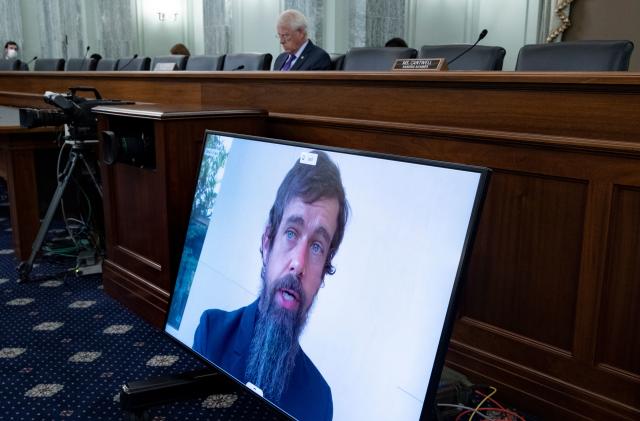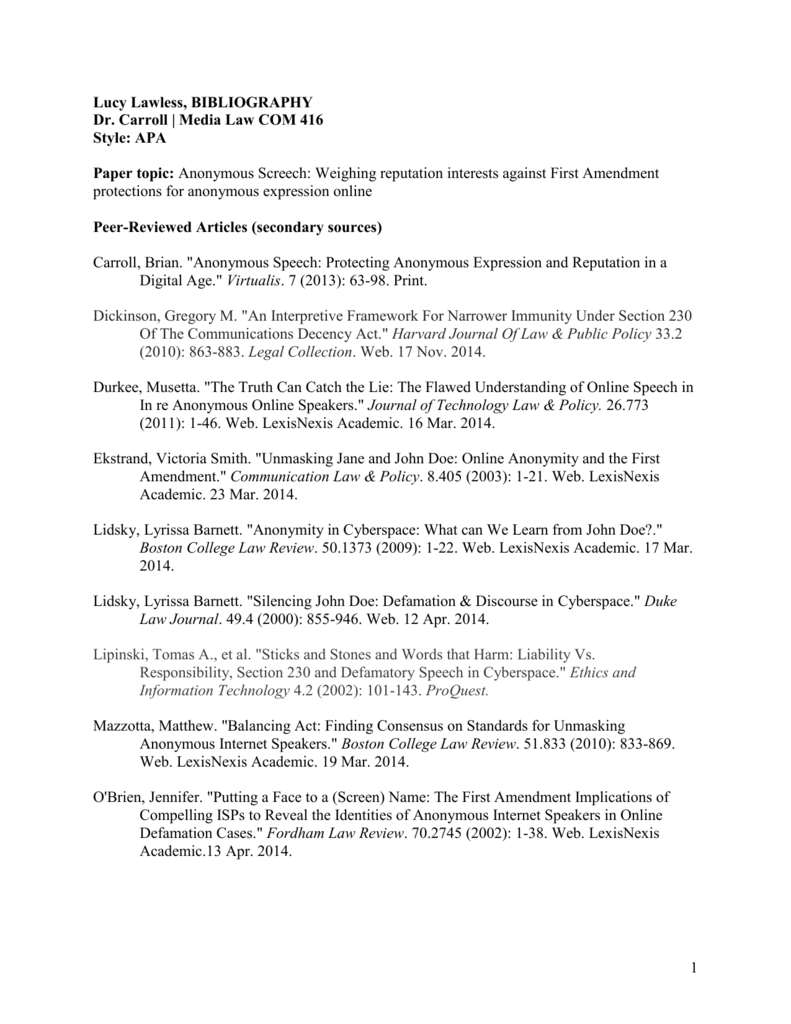Section 230 Update
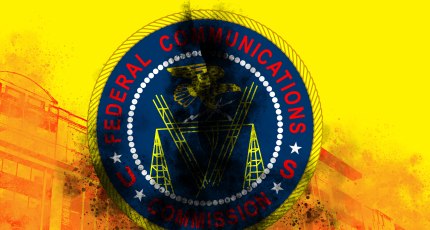
Democrats have attacked the statute for allowing silicon valley to deflect responsibility for disinformation and deceptive content.
Section 230 update. Section 230 generally provides immunity for website publishers from third party content. Facebook s zuckerberg says section 230 is important but needs update. Dorsey will call section 230 of the communications act the internet s most important law for free. The fight online sex trafficking act and the stop enabling sex traffickers act or fosta sesta.
Section 230 made it possible for every major internet service to be built and ensured important values like free expression and openness were part of how platforms operate. Simultaneously senator josh hawley r mo introduced the limiting section 230 immunity to good samaritans act 1 which seeks to significantly curtail section 230 safeguards for edge providers large tech companies that a exceed 1 5 billion in global revenue and b have either 30 million us monthly users or more than 300 million monthly global users. In mark zuckerberg s prepared testimony for wednesday s senate hearing he advocates for congress to update section 230 to make sure it s working as intended this shouldn t be much of a surprise unfortunately but it appears that once again facebook is the first to crack. Microsoft has released an optional catalog update that removes adobe flash from windows 10 and prevents it from being reinstalled.
Although the purpose of section 230 was clear the statute s language was not. Section 230 has drawn sharp criticism from the left as well. The senate s section 230 hearing was partisan and predictable. Section 230 is a piece of internet legislation in the united states passed into law as part of the communications decency act cda of 1996 a common name for title v of the telecommunications act of 1996 formally codified as section 230 of the communications act of 1934 at 47 u s c.
Section 230 c 1 did not explicitly condition the protection on responsible content moderation practices. Section 230 a provision of the 1996 communications decency act shields technology companies from liability for user generated content and allows them to remove lawful but objectionable posts.
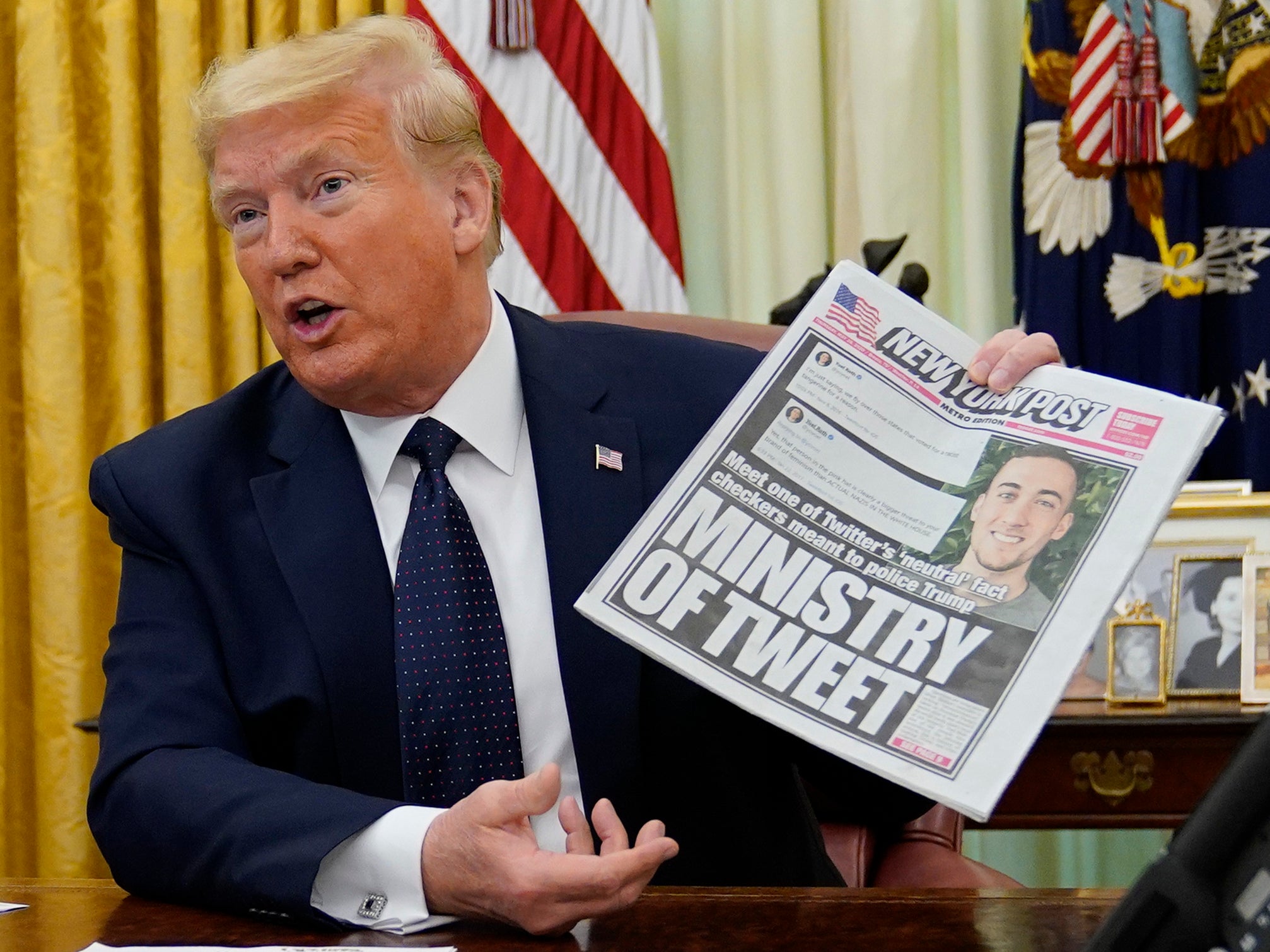




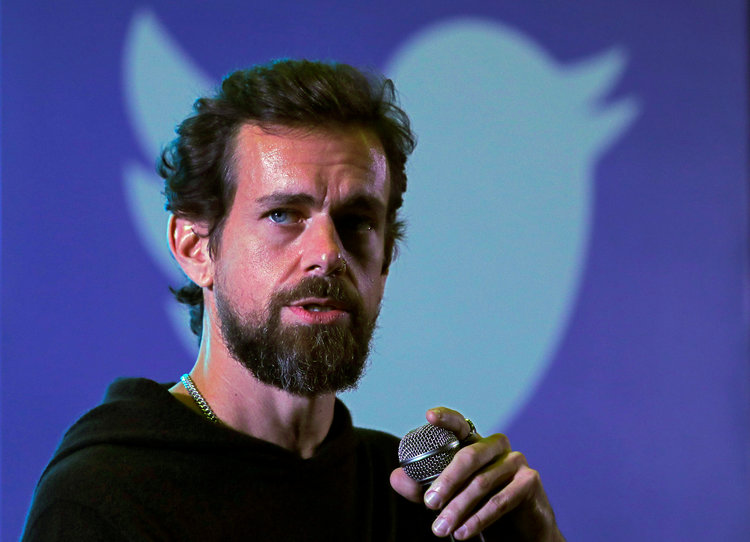

.png)




